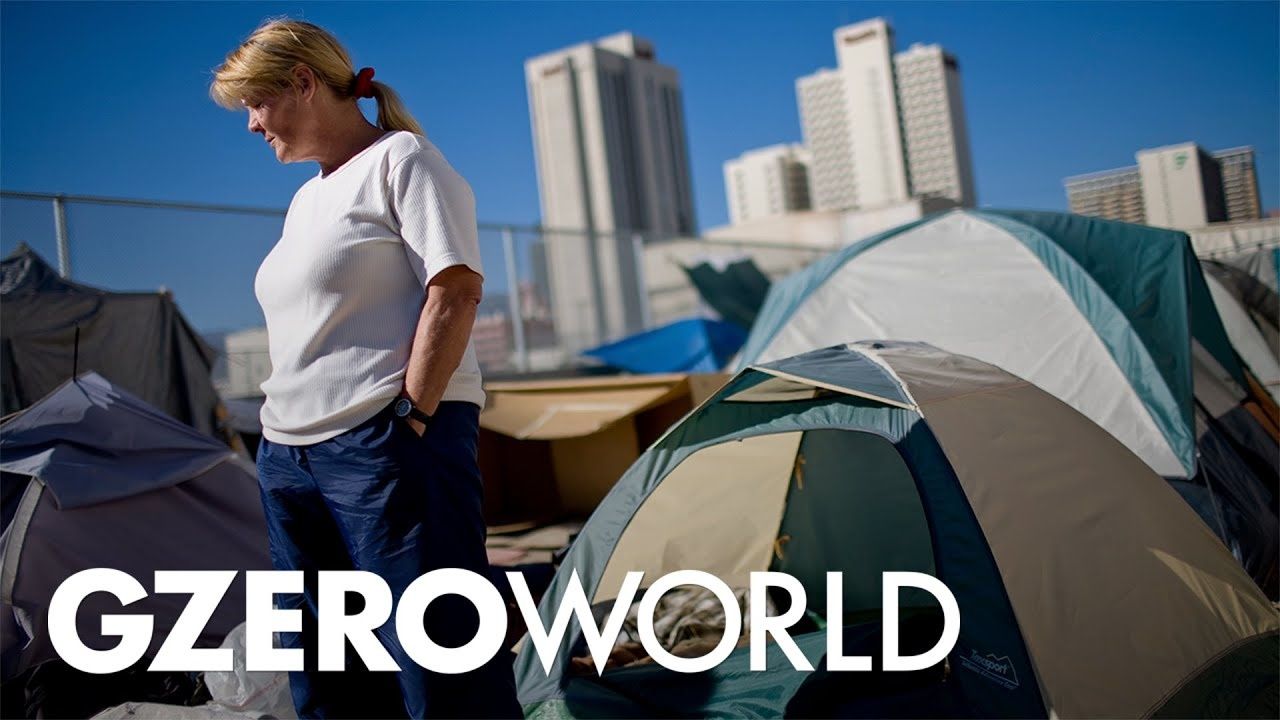
In the latest episode of GZERO World with Ian Bremmer, we're examining enormous income and quality of life disparities in some of the most liberal, Democratic spots on the U.S. map—major cities. Urbanist and author Richard Florida explains the reasons why large urban areas contain such extremes—the richest and the poorest people often dwelling within blocks of one another. Ian first breaks down the historic trends that at one point pushed the "haves" to the suburbs and the "have nots" into inner city neighborhoods, and how that has reversed over time. Later in the program, GZERO visits the South Bronx, per capita the poorest congressional district in America, and checks in with a nonprofit group making a difference there for people in need. Room to Grow serves families with children ages 0-3, providing them resources and counseling to increase their chances of success. Finally, in Puppet Regime, North Korean leader Kim Jong Un has some of his own ideas about urban development.